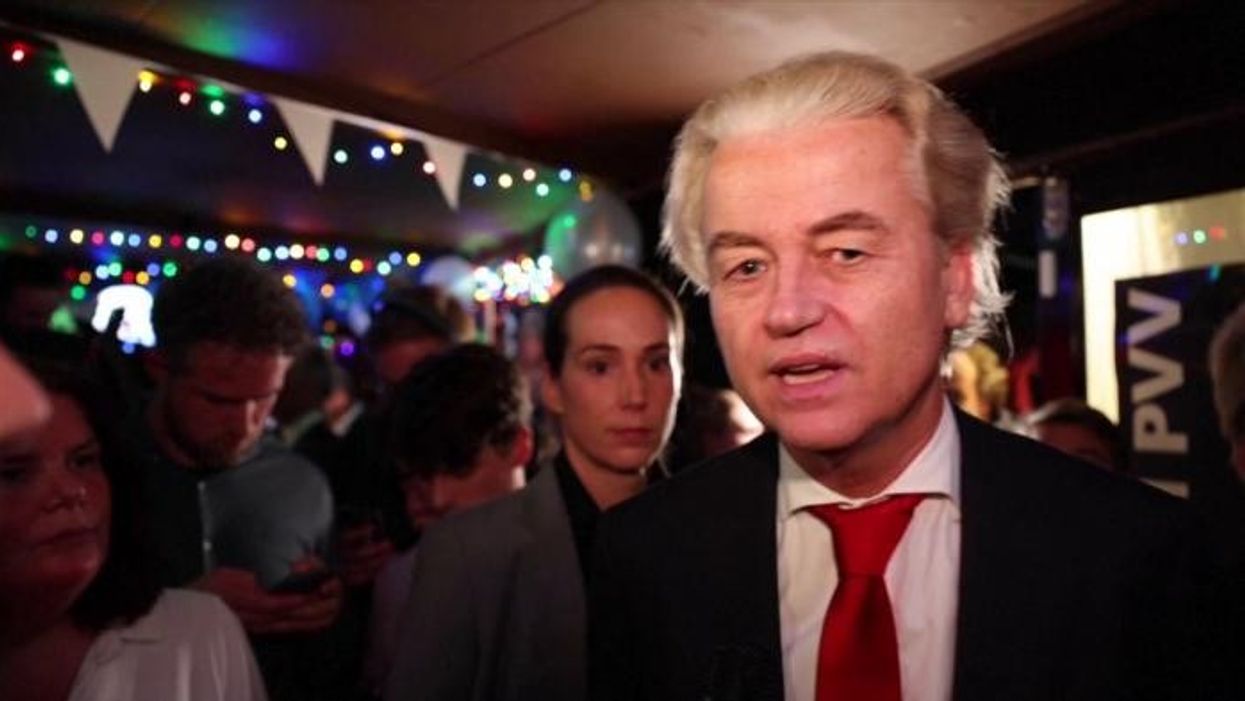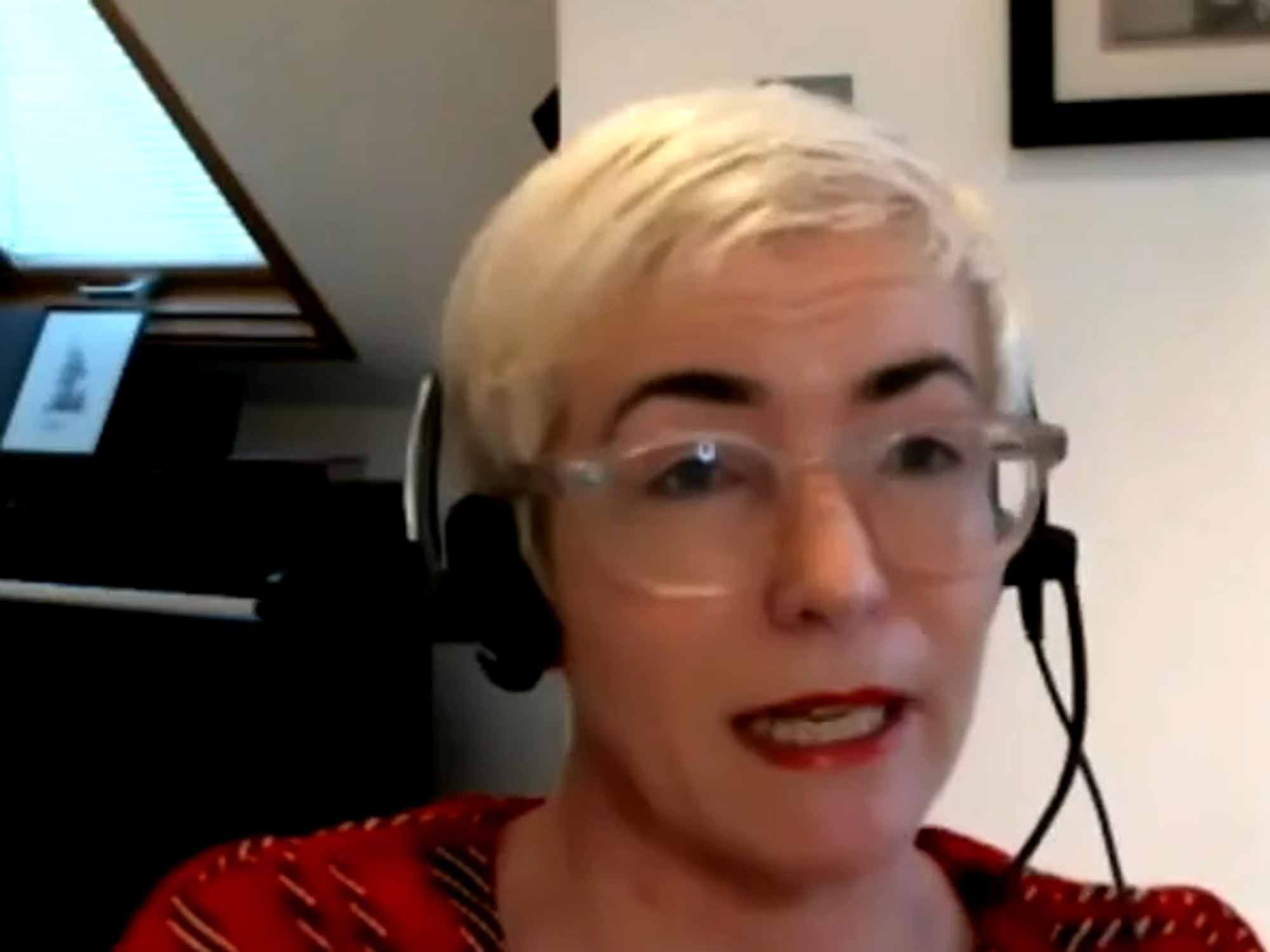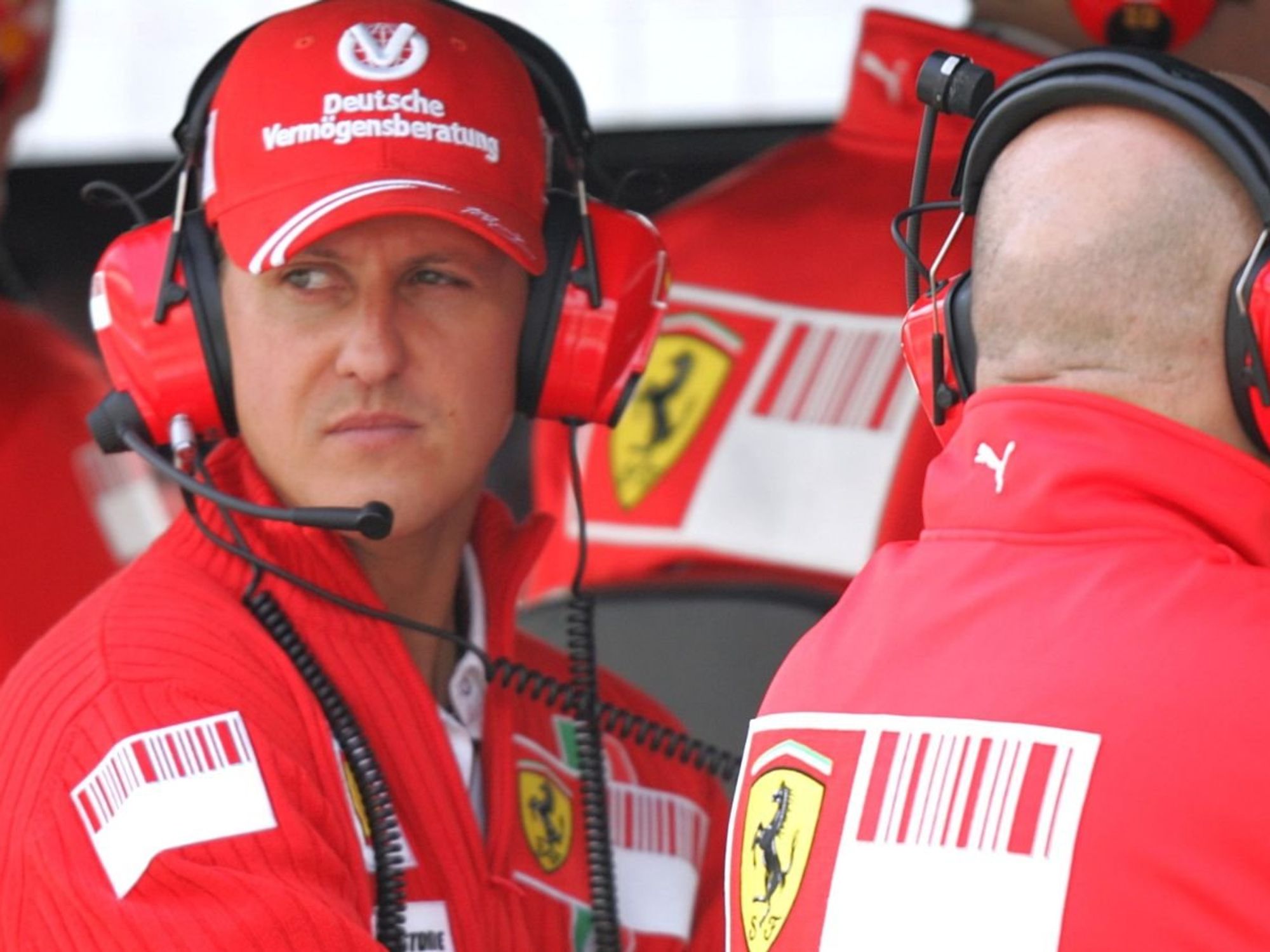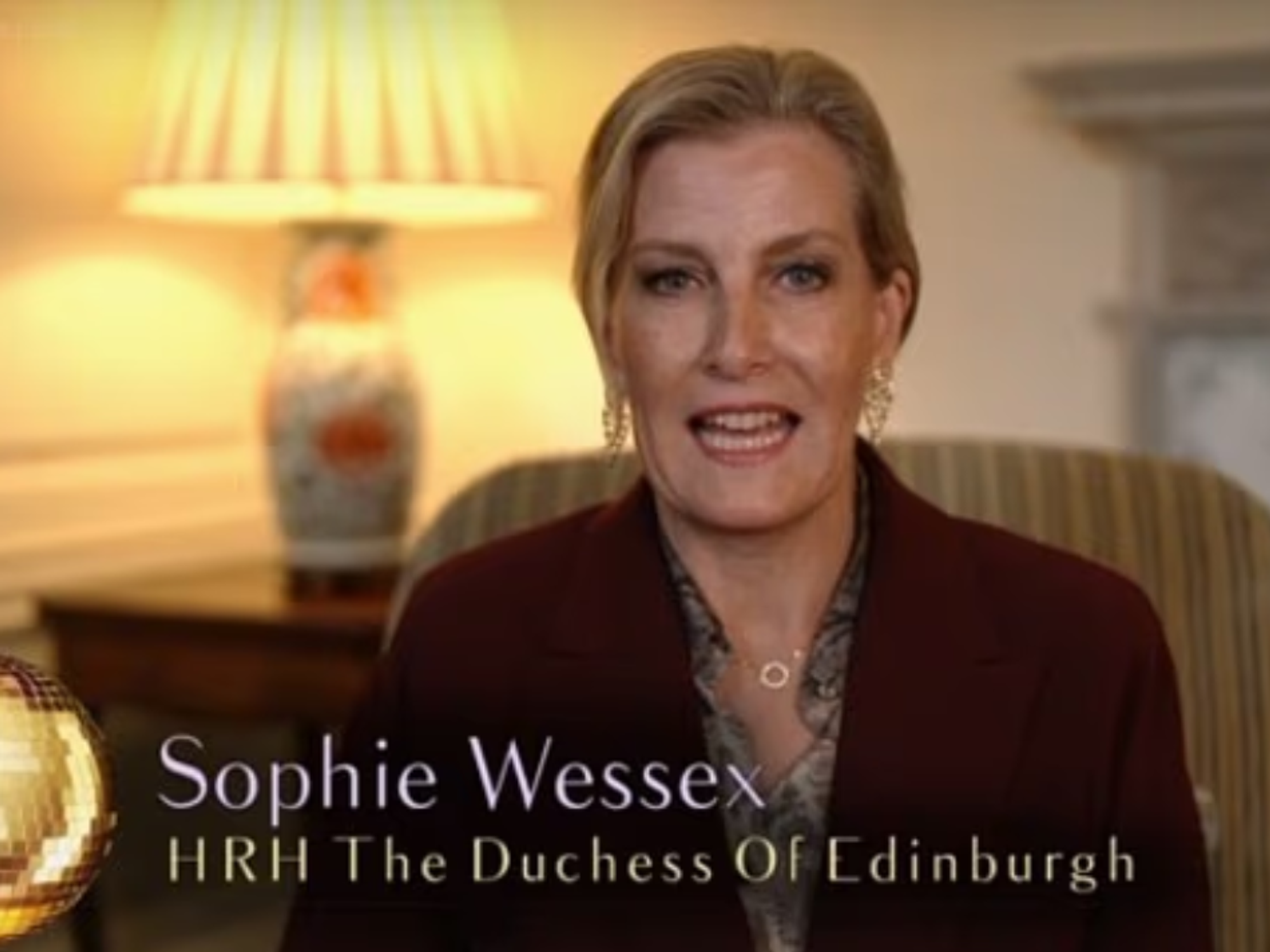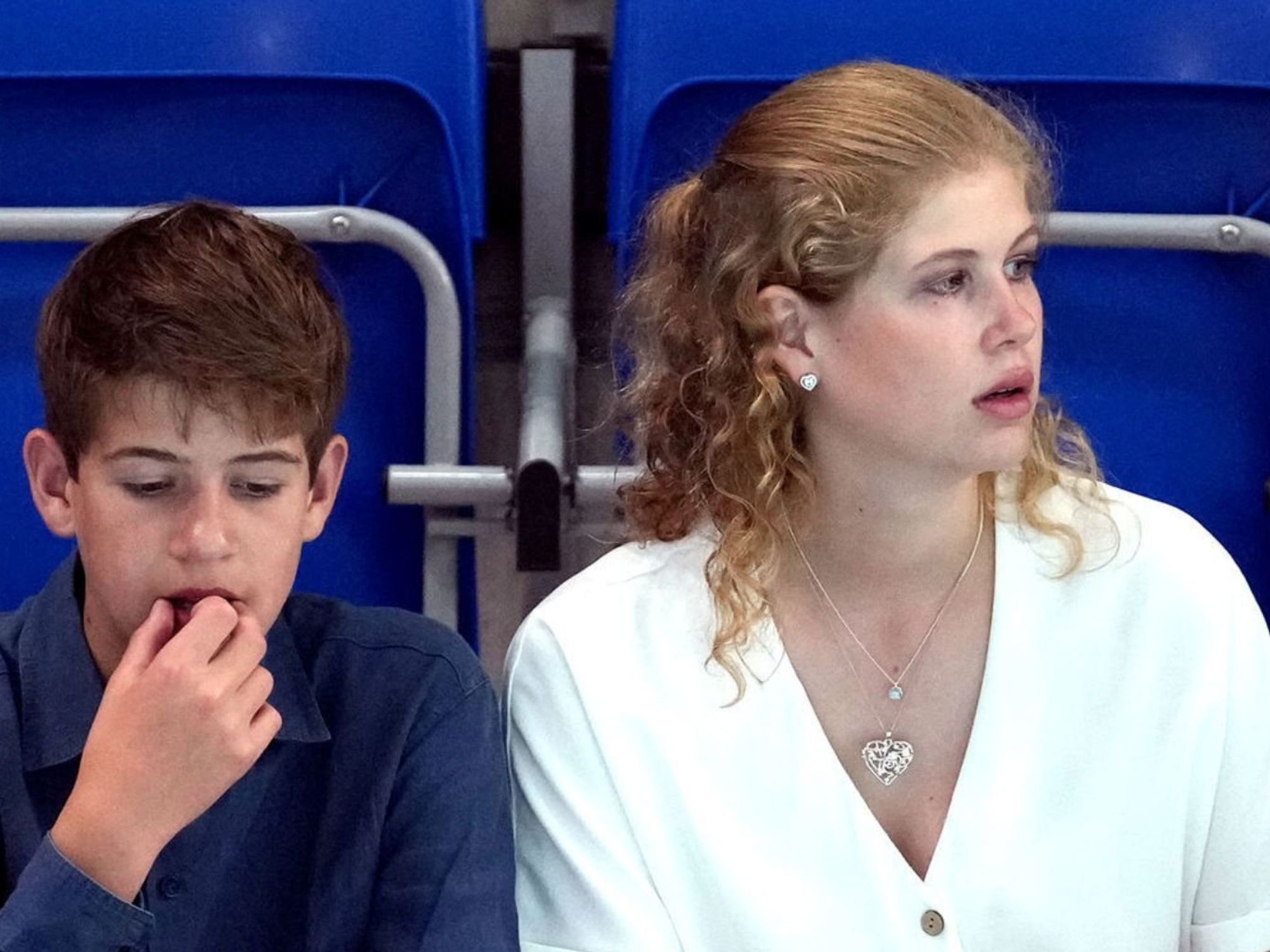There is a wave of Euroscepticism sweeping Europe... and it's only getting worse - analysis by Millie Cooke
PKG GEERT WILDERS VICTORY SPEECH ENGLISH 2100 JCL WIDDY |

Given free movement is arguably at the crux of what the EU stands for, it begs the question - what will be left of the union if that integral pillar is eroded completely?
Don't Miss
Most Read
Latest
Far-right Geert Wilders, who won a shock election victory in the Netherlands last month, put a so-called 'Nexit' at the heart of his successful election campaign. Not only has he campaigned to "give the Netherlands back to the Dutch", he also hit out at what he described as a "migration tsunami".
The most obvious issue facing member states right now is the EU's open border policy. More than 11 member states have turned their back on Schengen Area rules to reimpose border checks. Countries including France, Slovakia, Sweden and Germany have re-instated border restrictions including identity vetting, passport checks, police interviews, static checkpoints and vehicle inspections.
Peter Szijjarto, the foreign minister of Hungary, warned that Europe will be "torn apart by old borders" if it does not change its approach to migration.
Italy said the changes were necessary as a result of the growing risk of terrorists arriving due to "constant migratory pressure from land and sea".
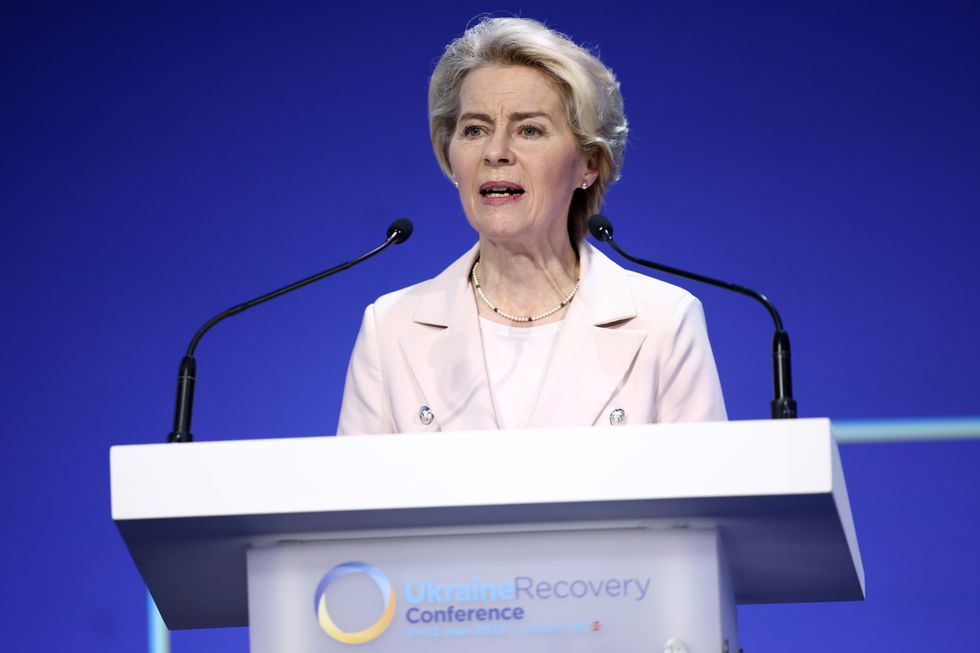
The EU's landscape has changed - but the rules that dictate the bloc have not yet caught up
|PA
Slovenia claimed to be facing "threats to public order and internal security".
While Andrej Plenkovic, the prime minister of Croatia, warned: "The EU is surrounded by a series of very big crises... bigger than any time in the past 30 years.
"We have Putin's aggression against Ukraine, Hamas's attack on Israel, all this in the context of intensified flows of illegal migration."
The EU's landscape has changed - but the rules that dictate the bloc have not yet caught up.
Given free movement is arguably at the crux of what the EU stands for, it begs the question - what will be left of the EU if that integral pillar is eroded completely?
But it's not just migration. Cost of living crises across Europe have made way for growing budgetary concerns.
The extent of the problem Von der Leyen has on her hands is highlighted by the fact that even Germany - an EU heavyweight - dug its heels in at the prospect of handing over an additional €66 billion to the EU's budget.
While support for the EU among most mainstream parties in Europe still remains strong - EU leaders need to be careful not to alienate their voters, particularly when it comes to issues such as migration and the economy, two topics which most certainly have the ability to dictate elections.
Polling from Politico's Research and Analysis Division, published in August, came to a worrying conclusion for the EU.
Their data, collected in August, suggesed that next year's EU elections will see a surge in right wing and Eurosceptic parties, putting the right-wing European Conservatives and Reformists (ECR) as the third-biggest group in the European Parliament — tied with the centrist Renew — with 89 seats.
LATEST DEVELOPMENTS:
Such a result would represent a massive 23-seat gain since the 2019 elections.
While the Netherlands' Geert Wilders is one of the most prominent eurosceptic politicians to have won an election in the EU in recent months - he is certainly not alone in his thinking. And if the polls are to be trusted, there could be a number of Geert Wilders equivalents - all with seats in the European Parliament.
A wave of euroscepticism is creeping across Europe, and if the bloc can't address the growing concerns of member states - the integrity of the union will be in trouble.


